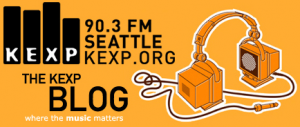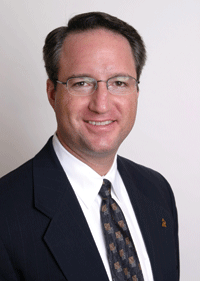Today we are out at University of Washington’s Law School. Here is the schedule for the day:
- Breakfast and Welcome from Dean of the University of Washington School of
Law
- What you need to Know about Copyright – Robert C. Cumbow
- Law Workshops
- Parent Workshop
- Lunch and Introduction to FLI Mentors
- Mock Trial!
Note from Cumbow’s Intro to Copyright by Cumbow:
1. What is IP: The products of the mind. Copyright, patents and Trademarks
2. What are the requirements for getting a copyright? The work must be original and fixed.
3. Examples of copyrightable Matter:
- Literary works
- Musical works
- dramatic works
- pictorial works
- derivative works (translations, film from books, works based on other works)
- characters
- motions pictures & other A/V works
- sound recording
- pantomimes and choreographic works
- toys, games, dolls
- computer programs
- packaging design
4. Things that are NOT protected by copyright
- ideas
- facts
- titles (de minimis)
- slogans and other short phrases
5. Copyright Owner’s Rights
- Reproduce
- Make derivative works
- Distribute (including “first publication”)
- Perform publicly
- Display publicly
- Digital performance of Musical Work
- Authorize (license) any of the above
Question: Why do people give up these rights?
Answer: Often someone else can exploit that right better.
Note Brian:
Question: Does the license or transfer have to be in writing?
Answer: yes and no… No for Licenses. Yes for Transfers.
Question: when you license or transfer a work do you get royalties?
Answer: Maybe this is up for negotiation, you can write a contract that stipulates some from of royalty.
Question: If I license a work to someone can they license it to someone else?
Answer: it depends on what you grant in the license.
Question: is licensing or assignment better?
Answer: Generally speaking licensing is better as you retain most rights. hanging on to your copyright
6. How do I get a copyright?
- Copyright is automatic! You already have one
- This is automatic
7. What is copyright registration?
- This is where you give the government notice that you have a copyright
8. Advantages of Copyright Registration
- cheep ($35-$45)
- Presumption of exclusive rights
- prima facie evidence of validity, ownership, originality
- Ability to bring infringement actions (to sue is court)
- Choice of actual damage or statutory damages + award of costs and attorney fees
PS: statutory damage range from $200 to $150,000
Question: If someone makes a t-shirt with my image and a quote from me is that a copyright violation.
Answer:
Question: many commercial companies have phrase or slogans are those protected by copyright?
Answer: No but this likely protected by trademark law.
Question: Can I use a picture, without the authors permission, I found online for scape book I am making for school?
Answer: Most likely yes, if your use is noncommercial, transformative and part of an educational activity it is likely to be fair use thus allowed
9. copyright infringement
- Unauthorized use of an exclusive right
- Federal Court has exclusive subject matter jurisdiction
- Elements of a prima facie case :
- A valid, registered copyright
- Copying
10. Defenses
- Time bared 3 year statute of Limitations
- Waiver/acquiescence
- The copyright is not registered
- the registration is invalid
- work is unprotected (ideas, facts)
- The work is not substantially similar
- Licensed (express or implied)
- The use was trivial de minimis
- Fair Use
11. Fair Use
- codifies divisional law (came from old case law and is now a statute)
- 1st amendment in the copyright law
- Use of copyright for criticism, comment, teaching, news
12. fair use 4 factors (from section 107)
- Nature of the use
- Nature of the copyright work
- Amount and substantial use
- Effect on the market or potential market
13. Factor 1 & 2
- Nature of use commercial or nonprofit educational, was it transformative
- Nature of work fact based or fiction AND published
13. Factor 3 & 4
- How much of the work did you use? did you take the”heart of the work?”
- are you harming the market value of a work
14. Fair Use: Right or Defense?
Both, the court recognize it as a defense but it is related to the 1st amendment
15. How can you tell?
- Before 1923 = not copyright
- Check the copyright office (but most works are not registered)
- Look for a copyright notice
- if unsure assume it is copyrighted
Question: Can you register copyright under 18?
Answer: maybe I am not sure. you can get a copyright just by creating something. You can probably register that copyright.
 From KEXP’s Blog by Chris Estey:
From KEXP’s Blog by Chris Estey: 






